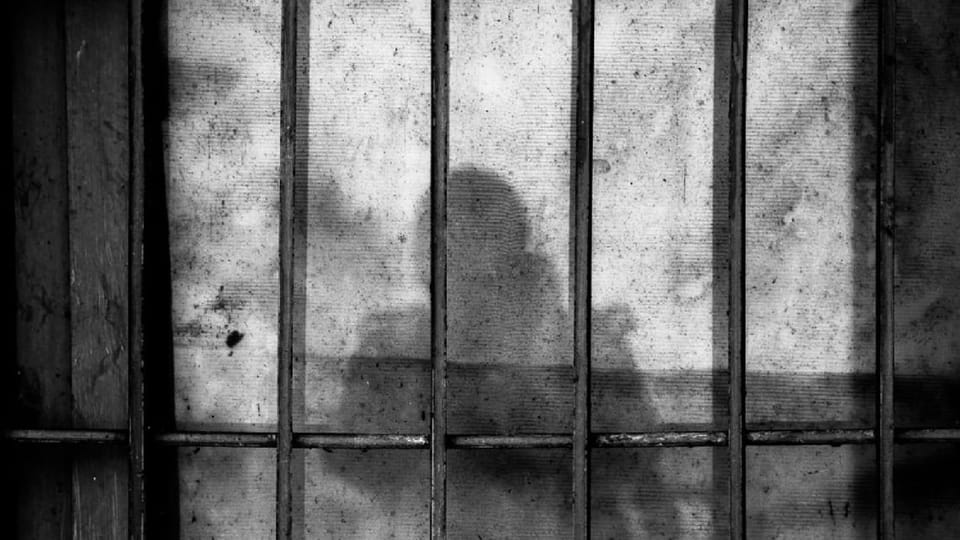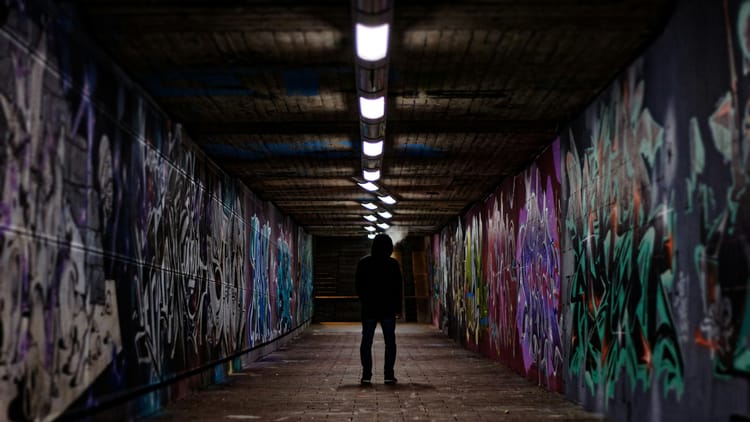Twenty-first-century gulag

As the UN General Assembly convened its annual meeting in New York City this week, a small event on the sidelines provoked anger from China’s mission to the United Nations. The event, held on September 19, was a forum to detail human-rights abuses in the Uyghur-majority region of northwestern China—Xinjiang Province, as Beijing calls it—and urge world leaders to pressure the People’s Republic to end them. China’s UN delegation warned global diplomats not to attend, saying the event would spread lies and “disrupt China’s peaceful development.”
Meanwhile, more than 1 million people in the Uyghur region have been incarcerated since Beijing’s crackdown against Uyghurs, Kazakhs, and other Muslims in the region started seven years ago. The Chinese Communist Party has constructed a network of prisons, internment camps, and forced-labor camps, subjecting these minorities to forced birth control, abortions, and sterilization—along with a campaign to “reeducate” them away from Islam and their ethnic traditions and identities. What exactly has the Party been doing there?
Kalbinur Sidik is a human-rights activist and former schoolteacher in Ürümqi, the largest city in the Uyghur region. She was imprisoned in early 2017 and forced to teach the Chinese language in two internment camps, where she was forcibly sterilized in 2019. She left China in late 2019, after her daughter, who lives in the Netherlands, campaigned for her release. As Sidik explains, the Chinese government has built an elaborate surveillance regime to track people in the region—in their homes and throughout their communities. Many who’ve had any contact with the outside world, or who’ve outwardly displayed their Muslim faith, end up in internment camps, where they’re shackled, unable to clean themselves, poorly fed, and tortured. Those detained between the ages of 18 and 40 are sent on to forced-labor camps …
Michael Bluhm: What’s day-to-day life like in the Uyghur region?
Kalbinur Sidik: I was a teacher. Today, students and teachers still go to school, but Uyghur teachers don’t teach anymore. They’re not in the classrooms; they do maintenance.





